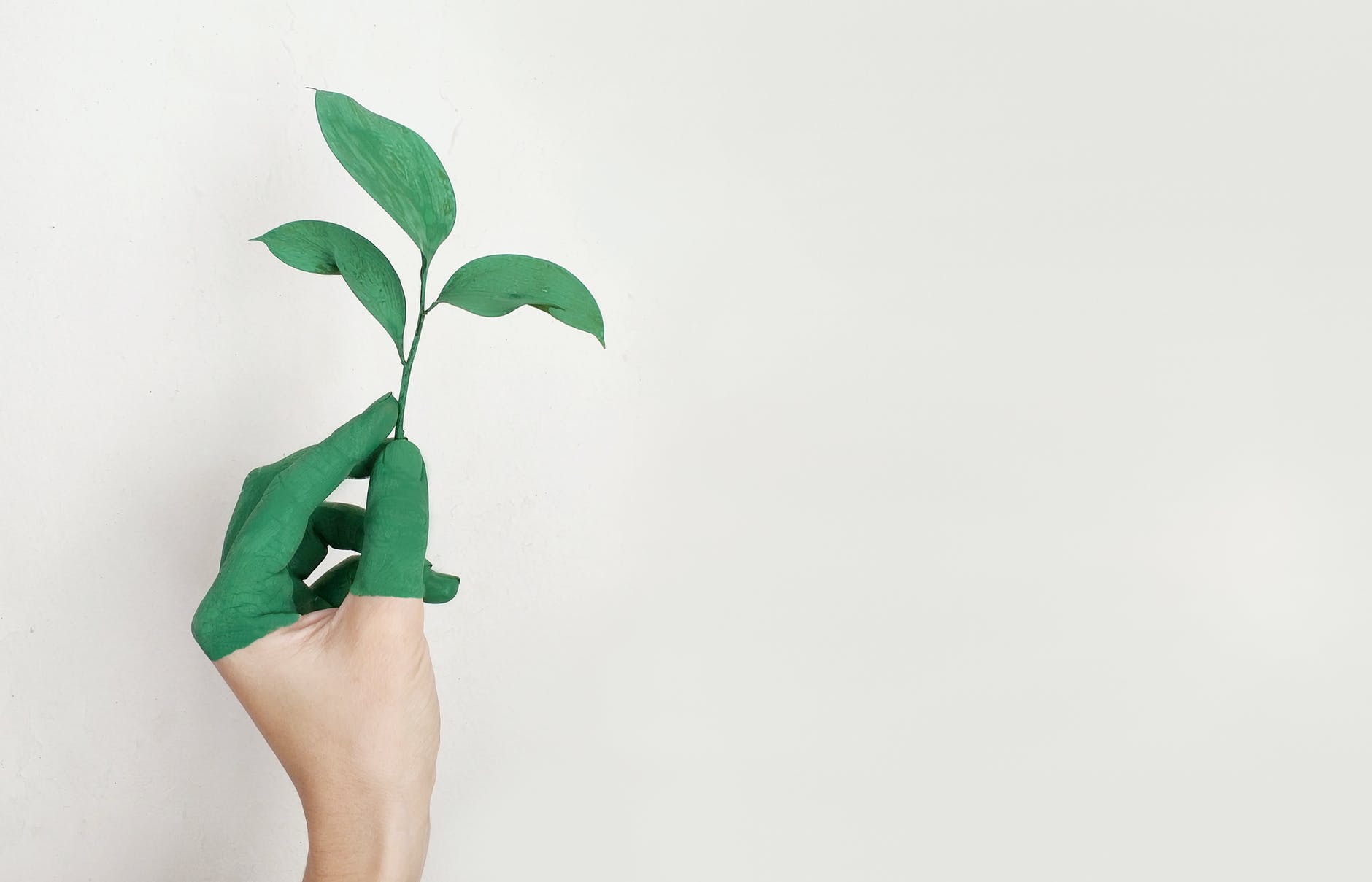Take a look around your home. I guarantee you that you’ll find countless products you purchased with the belief that it’s safe for the environment. The growing concern for the planet’s prosperity is taking over society. With both companies and communities leaning towards more sustainable alternatives, we see steps taken even if central governments are a bit behind. This phenomenon takes over the planet as technological advancement and innovations become a part of the daily news.
There are many ways through which we have an impact on our environment. Big or small things have big or small effects, but even the smallest of things add up over time. And they have already added up. Our modern lifestyle harms the environment, and we have to become more aware of the ways through which we excerpt this impact without even knowing. These are some of the most common everyday products that we often promote as eco-friendly, but they are not, in fact, eco-friendly.
Fake Eco-Friendly Products
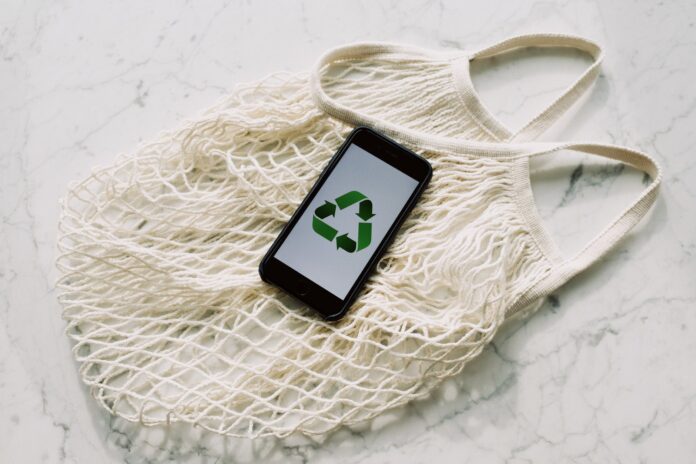
For those wanting a term to describe this process, we commonly accept greenwashing as the desire to make a profit, despite the price it takes from our environment. Personal gain should not outweigh the planet’s wellbeing. Unfortunately, for much of our capitalist-styled economy, profits are the only things they are interested in. Some may use terms that have no other point than to give the fake impression that their product is healthier and safer than other options. Others use materials that pollute while calling the product natural.
Understanding what is really sustainable or not often falls on the consumer’s understanding of these concepts. This is why we pinpoint a few of the things you should look out for during your next shopping trip. The following fake eco-friendly terms will give you a better understanding of this concept.
Detergents
We might find soaps, laundry detergents, or dishwasher pods conveniently packaged in plastic containers, but you can buy alternatives in containers that you take to the store.
Also, laundry detergents often use the word free in their label in the form of “free of phosphates”. This is a form of greenwashing as producers removed phosphates from these products a few decades ago. If the detergent manufacturer has any reputation level, they phased out the ingredient long ago. Phosphate-free detergents are already considered the norm. It’s like saying that low-fat yogurt is low-fat. Of course, it is. It’s supposed to be.
Bamboo Fibers
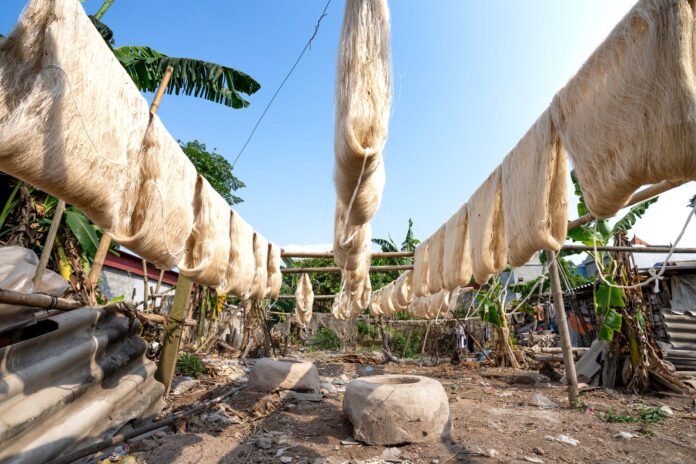
This is a common one. The bamboo used as a replacement for wood in furniture at least retains its natural form and properties even if it’s imported from half a world away.
However, producers who market bamboo sheets as “all-natural” are lying because the product isn’t natural. Bamboo is a stick. To get fiber from that stick, a series of manufacturing processes must occur. Manufacturers expose the raw material to toxic chemicals that are risky for the workers who use them, the wildlife, and the environment in the manufacturing plant’s area. It’s like saying PFAS chemicals are safe.
Yoga Mat
We can often find Yoga Mats marketed as biodegradable or recyclable. However, the conditions of the landfills that deposit discarder yoga mats don’t have the environment for these materials to break down easily. We can not recycle a yoga mat into something else once we have used it thoroughly, and you can’t take it to any U.S. recycling center. While the practice of yoga is a sustainable practice for our mind and body’s wellbeing, the yoga mat that is not a result of chemical-free natural fibers is not recyclable or biodegradable.
They still pollute the environment.
Sustainable Shopping
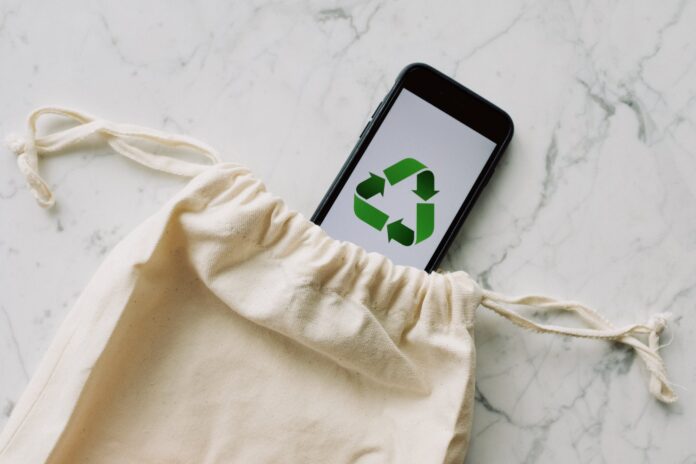
If you want to lead a sustainable lifestyle and promote it to the people around you, you should weigh every decision you make. It will be a complex process, but when you stop changing your wardrobe with every new fashion trend and focus on the value each item in your home brings to your life, it becomes a norm in your mind as well. The KonMari art of decluttering is a great way to change how you perceive the things surrounding you. If you have products with a longer life expectancy, you are less likely to throw them away or replace them with something else. You’ll also take greater care of them.
Buy Local
The most important thing about an eco-friendly lifestyle is the amount of consumption. The more you buy, the more you are likely to waste. Purchase the things that you need and try to buy locally. Farmer’s markets across the U.S. make it possible for local producers to promote their products. The amount of carbon emission from transport is drastically reduced, and the local economy is much more likely to thrive.
Second-Hand, Recycled or Reusable Products
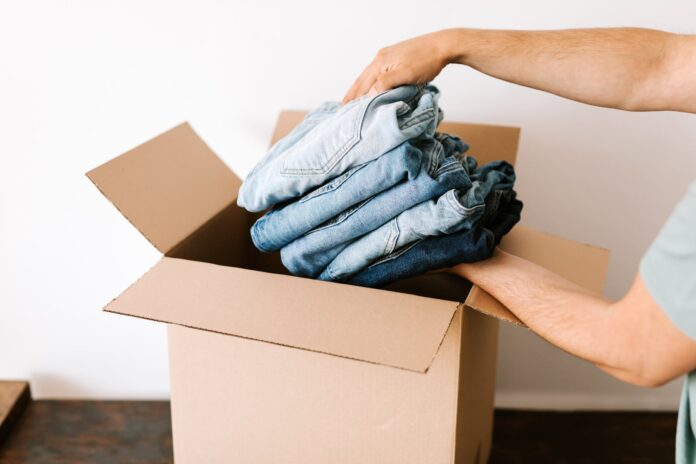
Anything purchased second-hand, recycled, or is reusable is sustainable. Especially with fiber products, the most sustainable option is reusing them and not casting them aside once the trends change. Fast fashion carries a heavy polluting weight, and big manufacturers are only adding to this weight through their transportation and packaging choices. Using clothes that have been previously used by a parent, sibling, or friend or buying clothes from a thrift store is more environmentally conscious than buying a new one. Extending a product’s life expectancy even if you are bored of it is a great way to switch up your clothes once you’ve grown tired of them. Adding an eco-friendly flair to your wardrobe is another way. Click here for more information about How to Avoid Fast Fashion
Plant-Based
Many plant-based products can easily replace the fake eco-friendly products you have around your home. Consumers have grown tired of not understanding the ingredients listed on every product’s packaging. This pushed companies for alternatives with fewer chemicals, and while you can find these in the grocery stores, there are even more environmentally friendly products available. Transparency may not yet be required by law, but more companies are doing it to attract more customers. Whether it’s the orange juice made from 100% actual orange juice sold in a glass bottle or the locally sourced groceries from your closest farmer’s market, these are healthier options for every consumer. And the consumers are speaking louder and louder by the day.
Conclusion
The economy as we know it is slowly coming up with alternatives for a more sustainable system. This change is happening all around us, and those fighting against it are fighting for their own benefit. We need to follow this trend wherever it may take us. Once we reach the end goal, we’ll find benefits for all of us and the environment we are trying to save.
Humankind can act more considerate towards the environment that hosts us. After all, we only have the one, and until we manage to transfer our global community to another celestial body, we should take more care of the one we have now.
Knowing what we purchase is a big step towards a more sustainable lifestyle. The responsibility is shared among every individual on this planet, regardless of position in a company or geographical appurtenance. A simpler life shouldn’t be viewed as a less wealthy life, and we shouldn’t measure happiness through abundance. Change your lifestyle through your value system, and we’ll help our planet lead a healthier life.

